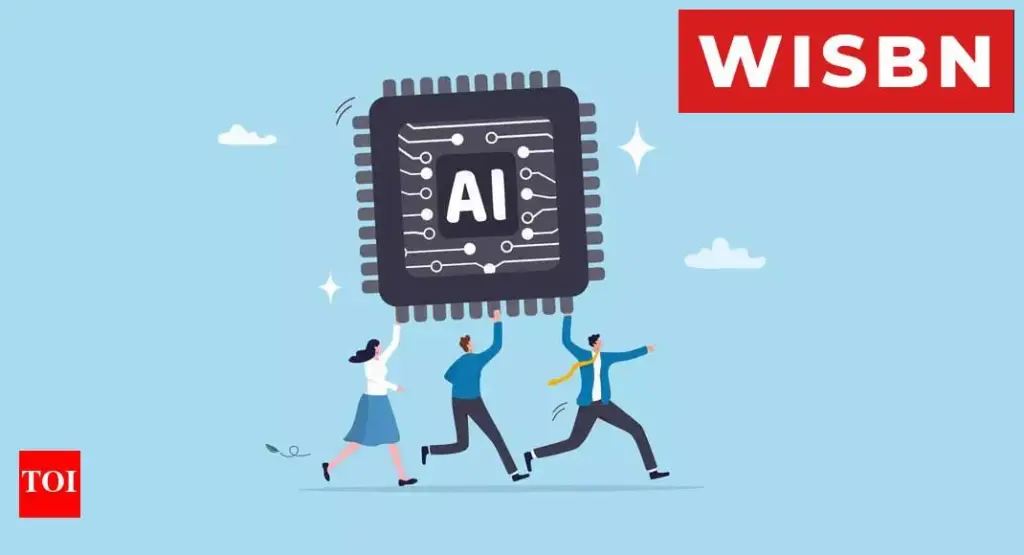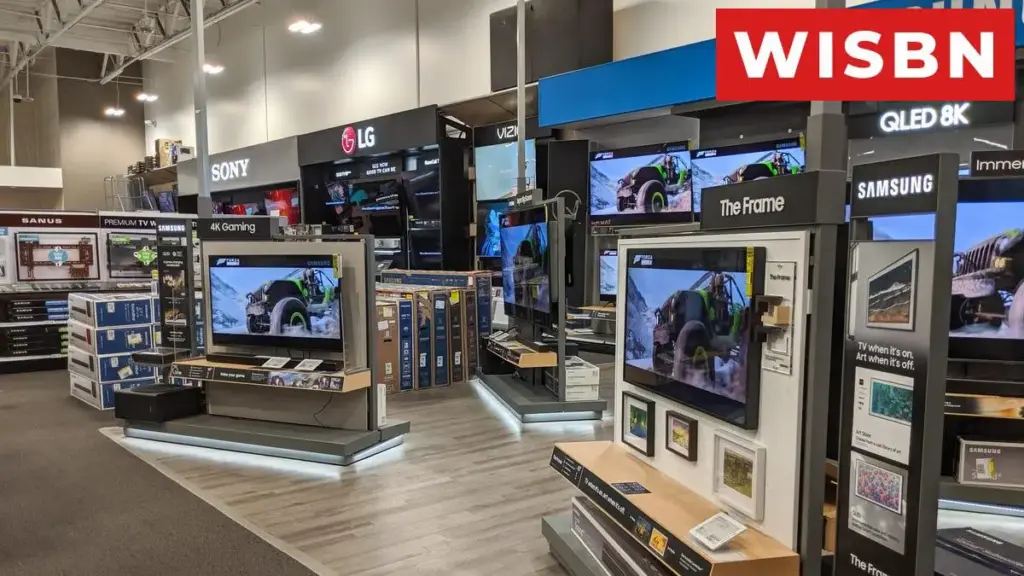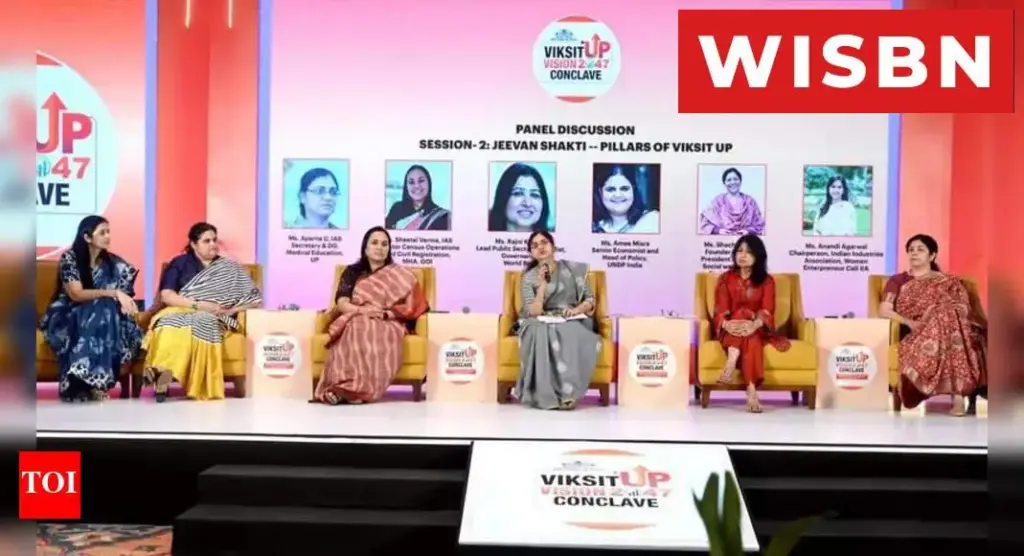Ashok Leyland Ltd, the flagship of the conglomerate steered by the Hinduja family, is relying on China’s third-largest battery manufacturer CALB Group Co to aid its goal of progressively mastering lithium-ion cell technology. India’s second-largest producer of trucks and buses, which inked a 20-year pact with CALB earlier this month, will begin by importing cells from its Chinese collaborator and acquire the skills to assemble them into packs, Ashok Leyland’s Chief Executive Officer Shenu Agarwal said in an interview. The automaker will progressively pursue the ability to design and produce lithium-ion batteries domestically, he added.
Ashok Leyland’s partnership with a Chinese cell producer, if it succeeds, could become a test model for some of the major Indian conglomerates. Reliance Industries Ltd. and the JSW Group are among the firms also seeking alliances with Chinese companies for battery know-how that is not available locally.
India needs to draw on Chinese expertise to speed up its clean-energy ambitions even as it presses for strategic self-reliance in critical industries. While Beijing has restricted exports of rare-earth magnets and certain technological know-how, the recent easing in bilateral relations has raised hopes for broader commercial links. “We are not really an EV player if 70 per cent of the components come from outside,” Agarwal said, noting that the company is looking to form partnerships with other firms as well to master the battery value chain.
The Chennai-headquartered company, as part of its arrangement with CALB, intends to invest more than 50 billion rupees ($563 million) over seven to 10 years to produce next-generation batteries for uses ranging from cars to grid storage. Ashok Leyland, one of the world’s leading bus makers, is already importing battery packs from CALB.
“Given its sheer size and geographic proximity, India is a particularly attractive destination for investment from Chinese auto and battery manufacturers,” Komal Kareer, a BloombergNEF analyst, said. India’s fast-growing electric-vehicle market and expanding energy storage sector offer a major opportunity for Chinese firms, she added.
Deliberately Cautious
To start, CALB will provide cells while Ashok Leyland concentrates on building pack-assembly know-how, including techniques to handle heat produced by the electronic components and embedding software into the design — with guidance from the Chinese partner.
The company’s stance is intentionally cautious, Agarwal said, adding that even top Chinese makers still face large variations in factory productivity. “Process is even more important than technology in the beginning,” he said. The two companies have not yet outlined every stage of their cooperation and intend to “do whatever is permissible by the law of the land,” Agarwal said.
The South Asian country is projected to become the world’s third-largest battery market, with demand forecast to rise 19-fold by 2035, according to BloombergNEF estimates.
Indian businesses had begun seeking partnerships with Chinese firms even before bilateral ties warmed following Indian Prime Minister Narendra Modi and Chinese President Xi Jinping’s Aug. 31 meeting. Billionaire Gautam Adani has been exploring a possible battery-making alliance with EV leader BYD and toured China’s biggest battery maker Contemporary Amperex Technology Co.’s facilities earlier this year. Industrialist Sajjan Jindal’s JSW Group has a deal with Chery Automobile Co. for electric-vehicle technology and parts, Bloomberg News reported in July, citing people familiar with the matter.
See also: How Home Batteries Cut UK Energy Bills by £255 Annually
Supportive Role
Ashok Leyland will initially produce battery packs for its own vehicles, but anticipates supplying other automakers, including two- and three-wheelers, as well as grid-scale storage, within two to three years.
The company also plans to establish an India-based research and development center focused on battery innovation, packaging, and materials science, with CALB playing a limited but supportive part, Agarwal said. It views the rapidly expanding market for battery energy storage systems as the largest opportunity.
The long-term aim is to design and develop lithium-ion cells in India — a landmark that will take at least five years, Agarwal said, adding the firm’s plan is to build capability and be prepared when the market hits a tipping point.
Ashok Leyland is wagering that phased learning will position it more strongly than competitors that rushed into cell production. “Batteries are a black box today. No one currently understands batteries in India,” he said. “This technology needs a lot of patience.”



